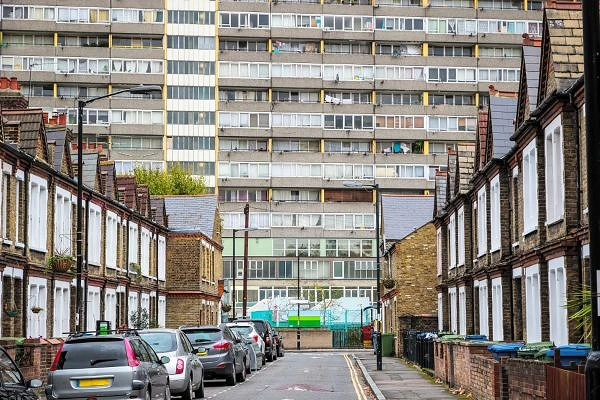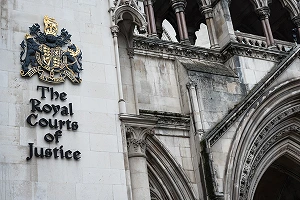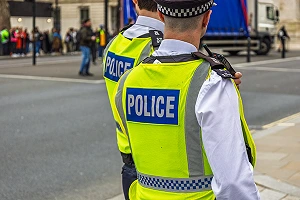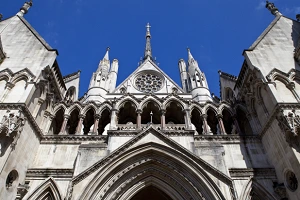
Social housing, ASB and persons unknown injunctions
Natalie Kidd looks at the potential for social housing providers to tackle anti-social behavoiur by obtaining ‘persons unknown’ injunctions.
October 30, 2025
Social housing, ASB and persons unknown injunctions
News
Home Office to appeal Epping asylum hotel decision
Aug 22, 2025
ICO launches AI and biometrics strategy
Jun 09, 2025
Martyn’s Law gains Royal Assent
Apr 04, 2025
Features

The ‘Hillsborough Bill’ – Voices for victims or just more lip service?
October 22, 2025
Jonathan Blunden, Alastair Lewis and Conrad Turnock talk through the recently introduced 'Hillsborough' Bill, aimed at giving victims of state injustice a meaningful voice.

ASB Case Reviews: updated statutory guidance
October 17, 2025
Daryl Bigwood looks at the key changes to the statutory guidance on ASB Case Reviews and identifies their practical implications for social landlords.

Tackling youth ASB in social housing
October 02, 2025
Emily Hope looks at the role of housing providers and the need to balance enforcement with engagement when it comes to tackling youth anti-social behaviour.

Civil protective orders and gangs
September 26, 2025
Victoria James looks at the use of civil protective orders to disrupt gang activity.

DOLS and the Young Offender: Care or Custody?
Sep 17, 2025

Imposing the brakes on car cruising
Sep 11, 2025

Epping Forest in the Court of Appeal
Sep 03, 2025

The Housing Ombudsman on ASB
Aug 01, 2025

Closure orders and the need for fairness
Apr 30, 2025
Closure orders and Article 6 ECHR
Apr 01, 2025
What the Crime and Policing Bill has in store
Mar 21, 2025
New horizons for selective licensing schemes
Mar 05, 2025
Respect Orders - what do we know?
Mar 05, 2025
Positive requirements in ASB injunctions
Dec 04, 2024
Criminalising thought crime?
Nov 15, 2024
Social housing and contempt of court
Aug 07, 2024
Public disorder and possession
Aug 07, 2024
The meaning of 'anti-social behaviour'
Jun 21, 2024
Body worn camera footage
Feb 23, 2024
Dingers and anti-social behaviour
Feb 08, 2024
Should problem-solving housing courts be piloted?
Oct 24, 2023
Webinars
Awaab’s Law and Fitness for Human Habitation – the same, but different?
Max Gordon and Matthew Timm discuss the impact of the newly implemented Awaab's Law, examining the obligations of Social Landlords.

































